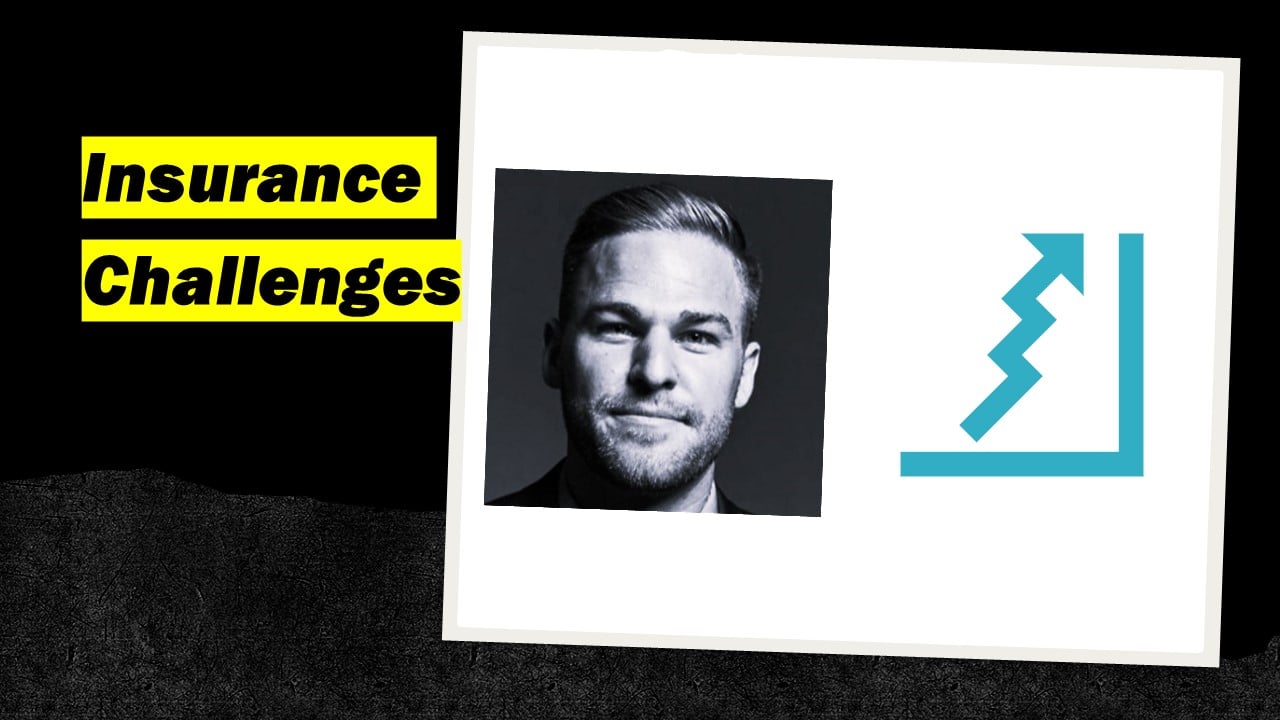
Jeff McCann, Founder & CEO, APOLLO Insurance presented at SHURE-Vancouver on April 19, 2023.
What Landlords and Students Need to Know about Insurance: Catastrophic Events, Inflation, and the Global Reinsurance Shortfall
WHAT IS APOLLO INSURANCE?
Apollo is a leading digital insurance provider. We’ve built an insurance company from the ground up.
Over the last five years, we’ve raised roughly $50 million CAD to solve the problem of integrating technology with insurance. What we do is we integrate with PropTech companies and multi-family housing landlords, including universities and REITS to provide renter’s insurance solutions entirely digital. We’re also integrated into Yardi and other PropTech platforms to be able to do data exchange and make it easy.
The Canadian insurance market is roughly $60 billion – that’s what we spend as Canadians every year in property and casualty. That’s fire insurance in the event the property burns down, liability insurance in the event there are slip and falls.
THREE MAIN DRIVERS OF CANADIAN INSURANCE RATE INCREASES: CATASTROPHIC EVENTS, INFLATION, AND THE GLOBAL REINSURANCE SHORTFALL
Insurance prices are going up. Not only is everything getting more expensive, but insurance is getting more expensive. 2022 was the third largest year in Canadian history for catastrophic insured events. Hurricane Fiona was an $800 million CAD payout. We lost 3.1 billion to catastrophic events – and that’s not fender benders and everything else in the market as well.
We had the atmospheric river and king tide. They’re coming up with better and better names every day for these storms. In British Columbia, obviously the flooding in the valley; we saw ice storms throughout the prairies. Hail storms continue to be a large problem and the hurricanes that have come up the East coast, and so we’re seeing an increase across the industry of these.
Now, this is important for two reasons. One, it means that we’re driving prices up because those insurance companies want to get their money back. But the other thing is this is displacing students and it’s changing the way we need to think about how we’re housing and managing multi-family residential.
What do you do? Do you put everyone in the gymnasium when this happens or what are we going do next?
The second thing that’s driving prices up is inflationary pressure. It’s a tight labor market. Materials are more expensive, so supply chain is an issue. What does that mean? If the building burns down or you have a claim, it takes you a lot more money to replace that and to rebuild those things.
It takes you more time and energy. When it comes to getting things up to code, if all the EV charges and the infrastructure has to get installed, well, guess what? It will cost you that much more time and money, that much more bureaucracy and permits to replace things, and that means that your building’s more valuable, which means your insurance price is going up.
It also means when there is a claim to replace things, it costs more money. The insurance companies have to increase their prices. We’re seeing that increase in values. Not just in buildings and in property, but we’re also seeing that in cars. We heard a lot about EV and electric vehicles. A fender bender used to be you bang out the steel, it’s fine.
Maybe you paint the thing, but now you have to replace huge conduits – very advanced technology. What that means is that insurance companies are paying out those claims. They have to charge more money. Now, why does that impact multi-family residential? How does that impact schools?
The third major factor is that we’ve seen return on equity flowing out, capital flowing out of the reinsurance markets. There are matters such as the Ukraine War, hurricanes and the like. How does this impact us today here in British Columbia?
Watch the full presentation on The SHURE Initiative YouTube Channel.
 Continue reading with your SHURE membership account.
Continue reading with your SHURE membership account.
This full-length story, industry research, and data analytics are available exclusively to SHURE members.
- Unlimited access to SHURE.international
- Unlimited access to SHURE analytics covering university real estate and student accommodation trends
- Member-only newsletters and industry announcements
